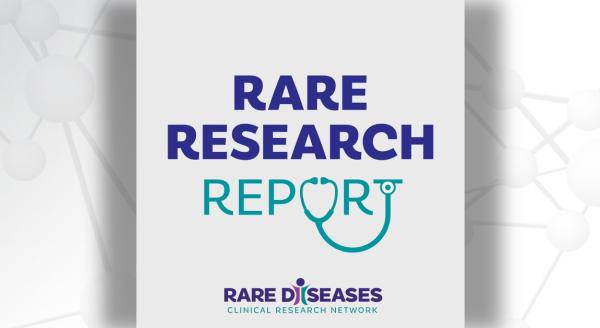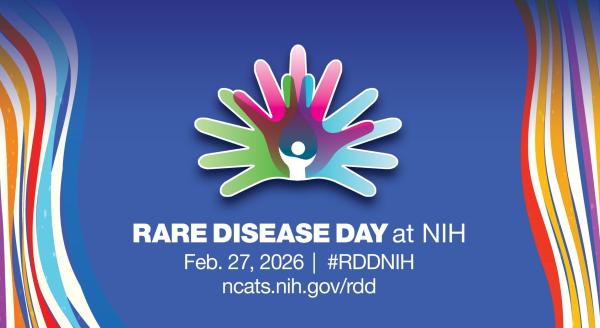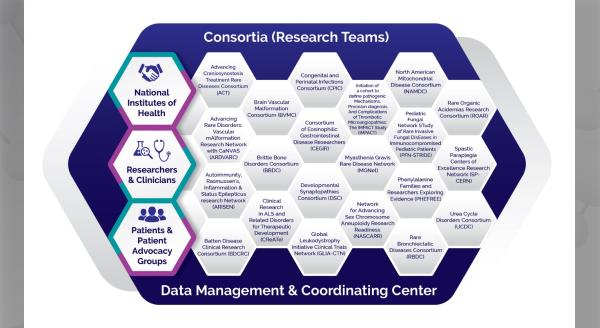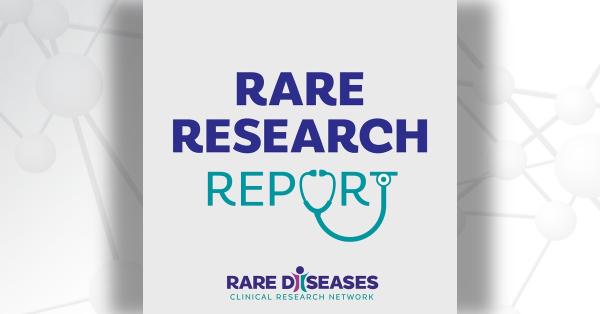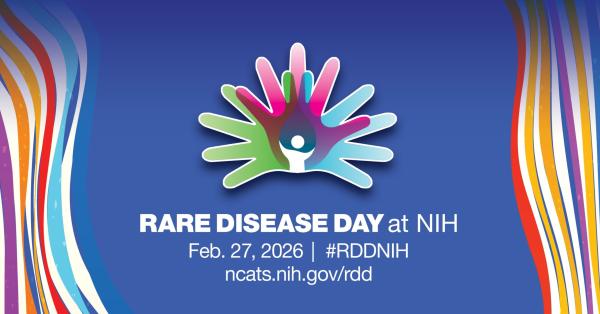Billy Anton is a business professional and vice chair of the PCD Foundation Board of Directors. He is also diagnosed with primary ciliary dyskinesia (PCD), an inherited condition in which mucociliary clearance of the lungs is impaired, causing recurrent infections that may lead to hearing loss, chronic cough, severe lung damage, and bronchiectasis (irreversible scarring and dilation of the bronchi). Here, Billy shares his journey with PCD, from early diagnosis to getting involved in research and patient advocacy.
When and how were you diagnosed with PCD?
I was diagnosed at age 5 via ciliary biopsy. I was fortunate to receive a diagnosis at a young age, mainly because my older sister has PCD as well. Since I exhibited many of the same respiratory symptoms, such as a chronic wet cough, her diagnosis led doctors to pursue the same diagnostic testing for me.
What has been your experience as a person living with a rare disease?
Living with a rare disease—specifically PCD—can be isolating at times because most don't understand what it feels like. It’s an invisible disease in many ways. In addition, there's often a sense that an exacerbation could be right around the corner, which requires me to go on the offensive. In response, I am very mindful about daily lung treatments/therapies, as well as my diet and exercise routines. I aim to optimize my health in other areas to help maintain my baseline and fight off infections more easily—that’s my theory, anyway.
It's also worth noting the effects beyond lung exacerbations, including the mental, emotional, and social consequences. Missing out on opportunities can be the norm when I’m not feeling well. At times, I have to factor in my long-term health when I’d much prefer to be “normal” and live without concerns of illness, which was especially true during my teenage and college years.
At 31 years old, I’ve found a good balance between health management and lifestyle, but I still face those same challenges regularly. It’s a difficult lesson that most living with PCD—or any rare disease—must figure out for themselves. There’s no playbook beyond the therapies and therapeutics.
How did you get involved in research?
Research opportunities in PCD have historically been few and far between. For example, studies (applicable to me) typically focus on non‐cystic fibrosis bronchiectasis (NCFB), rather than PCD specifically. While PCD falls under that category, patients like me get lumped in with a grab-bag of other disorders. That inevitably makes interpretation of the study results/data difficult.
That said, my first study was one of the NCFB trials back in 2015, which looked at inhaled Cipro as a treatment for chronic pseudomonas. While the study itself was not a success for me personally, I’m encouraged by the opportunities I’ve had and motivated to participate in future clinical trials.
How did you first hear of the Genetic Disorders of Mucociliary Clearance Consortium (GDMCC), and how have you been involved?
I heard about the GDMCC through my involvement with the PCD Foundation. I began volunteering for the Foundation back in 2014 and became a board member shortly thereafter. Since that time, I have witnessed first-hand the incredible impact the GDMCC has had on PCD research. They have been a research partner for over a decade and have led the way for advancing the science, understanding, and treatment of PCD. I’m beyond grateful for their commitment and contributions to PCD.
How has research made an impact in your life?
PCD research has come a long way in just the last few years. Starting with the first PCD-specific trial in 2017—the CLEAN-PCD trial by Parion Sciences and Vertex Pharmaceuticals—and an azithromycin study shortly thereafter. The hope is for this trend to continue in the coming years. As a patient, targeted clinical research in PCD is extremely exciting and the future looks promising.
The Genetic Disorders of Mucociliary Clearance Consortium (GDMCC) is part of the Rare Diseases Clinical Research Network (RDCRN), which is funded by the National Institutes of Health (NIH) and led by the National Center for Advancing Translational Sciences (NCATS) through its Division of Rare Diseases Research Innovation (DRDRI). GDMCC is funded under grant number U54HL096458 as a collaboration between NCATS and the National Heart, Lung, and Blood Institute (NHLBI).


